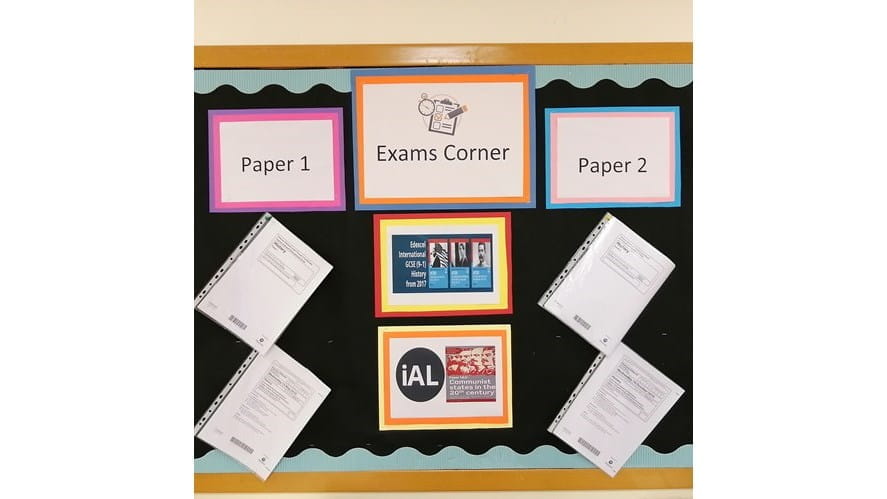We use cookies to improve your online experiences. To learn more and choose your cookies options, please refer to our cookie policy.

This year, in particular, I have been impressed with how well students in Year 10 have coped with the step up from Year 9 to IGCSE, as the first few months of IGCSE History can be quite challenging as topics are explored in more depth and the exam questions are more demanding, especially the time constraints for the questions. They have been studying their first depth study, “Germany 1918-45”, which expands on some of the themes they already covered in Year 9. The relevance of this course never seems to diminish, acting as a cautionary tale of how economic crises and populism can undermine democracy and lead to dictatorship.
Meanwhile, our Year 11s are coming toward the conclusion of the other IGCSE depth study, “Superpower Relations 1943-72”. Danny and Valm are enjoying this topic quite a bit as it overlaps with many of the themes and topics they studied in the League of Nations and United Nations breadth study in Year 10. Of particular interest is the “Cold War in the 1950s” segment which partly focuses on the Korean War, which started 70 years ago this summer just past.
Finally, students in Year 12 have embarked on their AS History journey, studying the “Russia 1917-91” breadth study. Besides the content and exam skills, this course is also about trying to “bridge the gap” between IGCSE and university, so the first few months have also focused on teaching other vital skills such as notetaking in a variety of different styles as well as how best to organize notes and study time. The idea is to aid pupils in becoming more independent so that when they get to university, they are not overwhelmed by having much less teacher input and guidance.